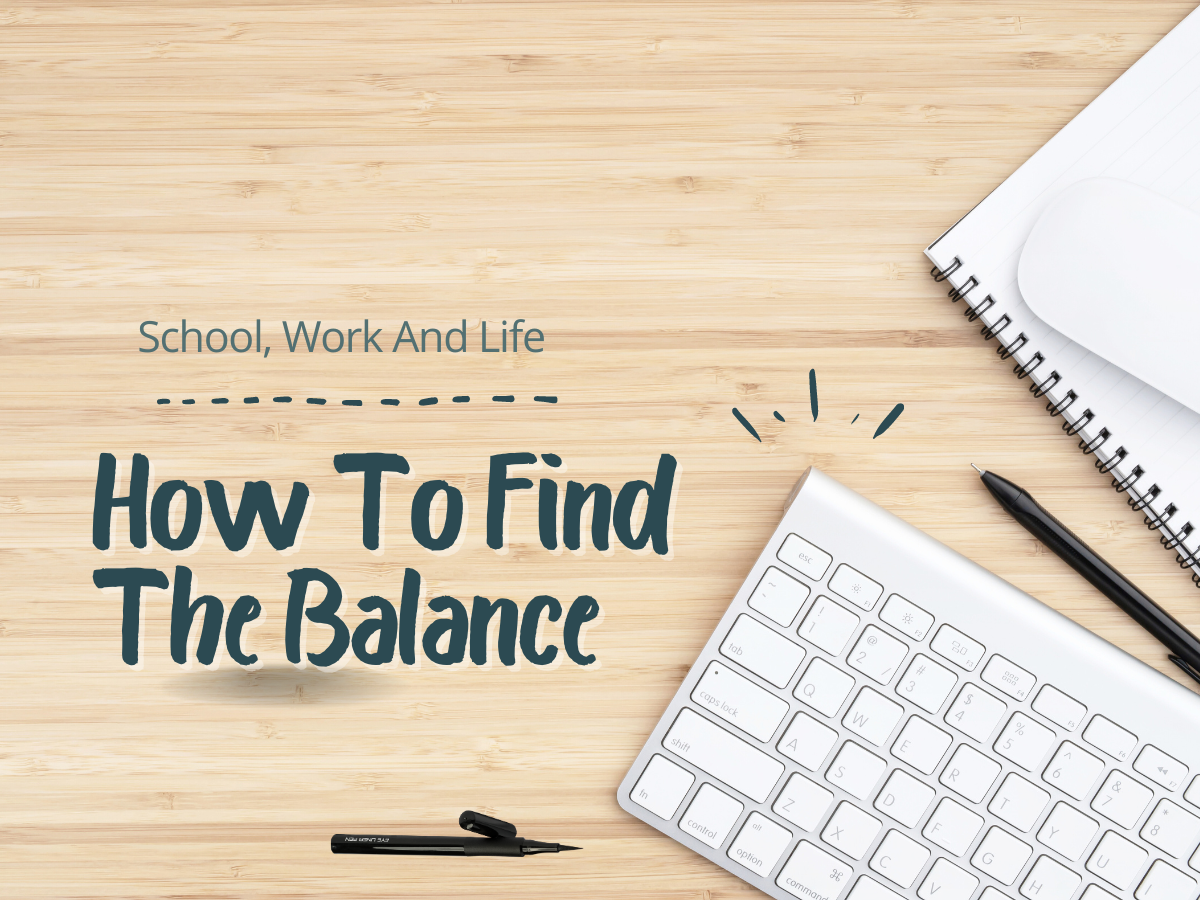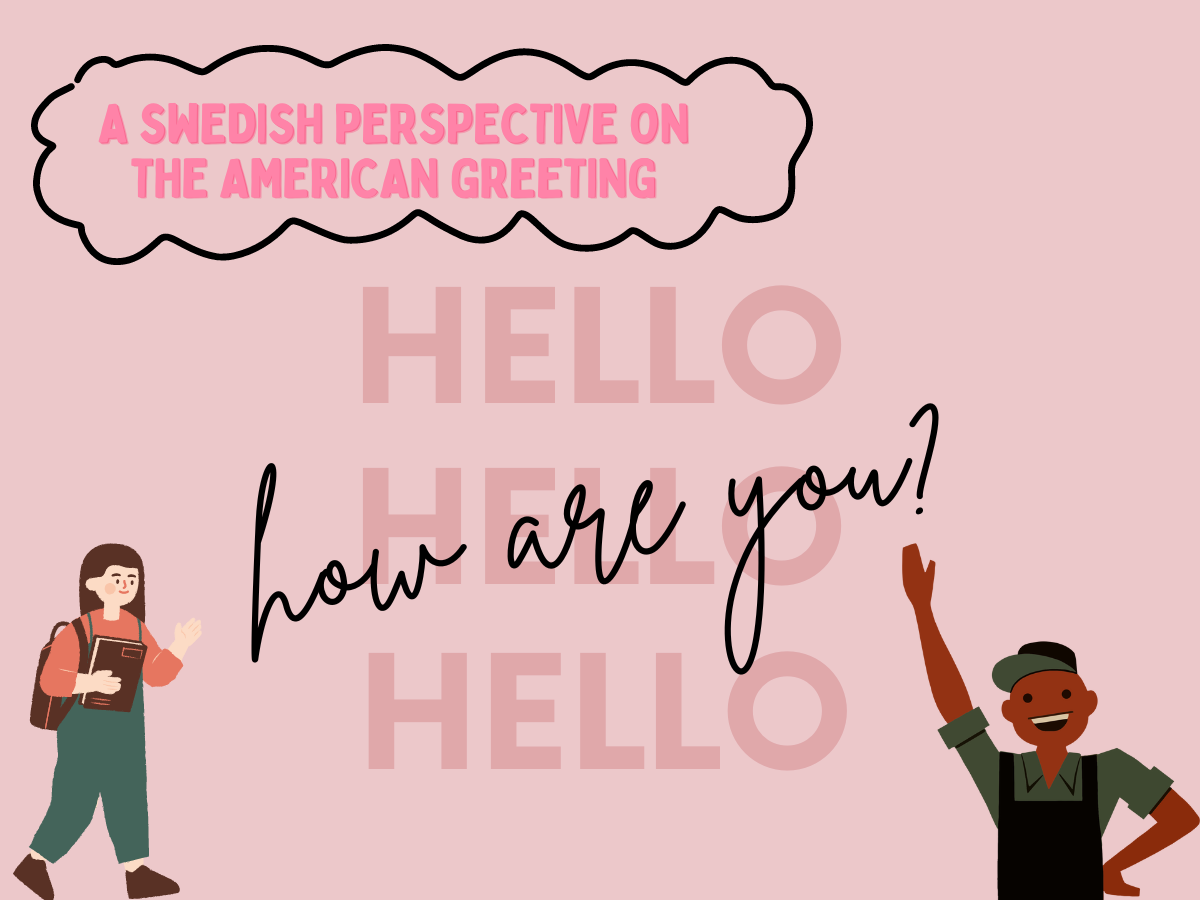While a quick selfie post to one’s favorite social medium site may appear to be a fun and artistic act, the reason behind the post leads to a line of insecurities.
Any given Instagram or Facebook newsfeed is often filled with selfie posts from various friends. Since the rise of technology allowed for a front camera, almost everyone’s camera roll will show at least one selfie. The Pew Research Center’s recent study confirms 91 percent of teenagers have posted a photo of themselves online. Instagram is the selfie heaven, holding over 200 million users on a monthly basis. Yet, the question still arises: What is the real motive behind taking a photo of oneself?
Many believe those who post multiple selfies are narcissistic. When people post pictures of themselves, they are often highlighting how attractive they look. Society has adopted the belief that, whether it be a cute outfit, great makeup or perfect hairstyle, people have to keep the social world informed on their appearance.
“With the growing use of social networks, everyone is more concerned with their appearance,” said Jesse Fox, lead author of online journal Personality and Individual Differences. Today, many young adults have an impulse to snap a photo when they are considered beautiful in society’s eyes.
But the problem with the popular selfie phase America is going through is the true motive behind the photo. “People post selfies to get approval from others, and they post them when they need a confidence boost,” said freshman psychology major Ashley Austin. People who have low self-esteem are likely to post multiple posed and edited photos of themselves because they are more dependent on others’ validation.
Those who post selfies to Instagram desire to receive likes and comments; that is why young men and women take time picking a filter that best highlights their beauty and continuously retake photos in various poses and angles until they are satisfied.
“A secure, mature person is going to post selfies that are spontaneous and not overly edited, and they’re going to do [so] less often,” said clinical psychologist Lucie Hemmen. “A more insecure person is going to post staged photos, and they’re going to do so much they become consumed by it and the comments they receive.” Those who are obsessed with other people’s judgement will post photos just so the praise boosts their confidence for the time being.
Also, posting a one or more selfies every day is viewed as an annoyance to some on social media. “Typically, an average selfie post should be once a week; [one should] never do a double post selfie in a single day,” said junior communications major Elizabeth Christmas.
When a girl is constantly uploading photos of herself, it is seen as self-indulgence. David Houghton, lead author of a U.K. study on selfies, suggested uploading numerous amounts of selfies leads to more shallow relationships with social media followers. People become irritated viewing daily edited photos posted by the same person. Everyday selfies are frowned upon, as it suggests the poster is only seeking attention.
As the selfie craze continues, it will only lead to more insecurities and irritation from others. In this era, society turns away from feeling comfortable in one’s natural appearance; instead, a person believes the number of likes on a photo determines beauty. Although selfies may seem to be innocent and entertaining, the reasons behind posting them — whether they be low self-esteem or an act of narcissism — may lead to an unhealthy lifestyle.













